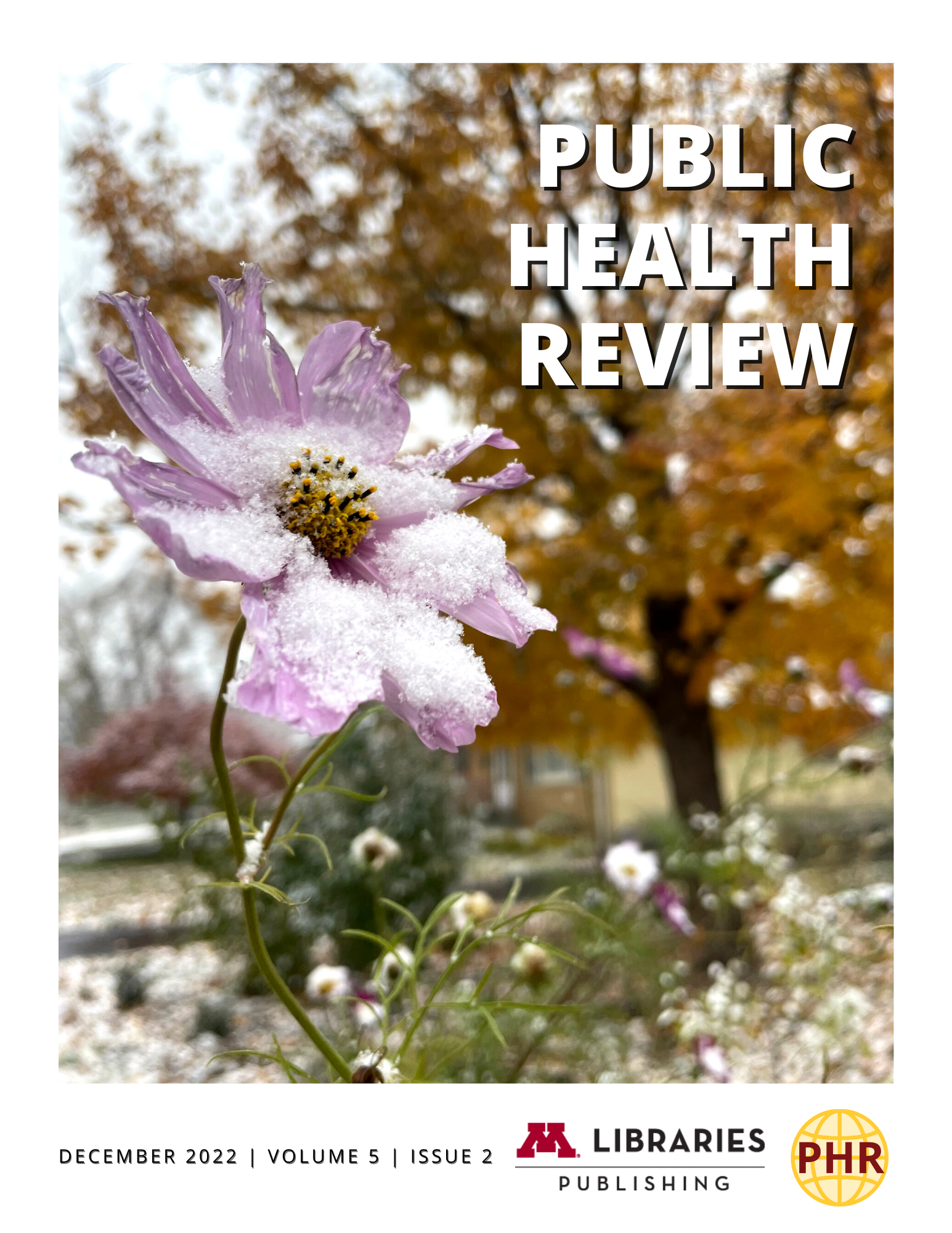Case Study of Impacts of Permanent Supportive Housing on Residents
Kathryn O'Neill
Eastern Washington University
Dr. David Line
Eastern Washington University
Abstract
Between 2016 and 2018 the City of Spokane made it a priority to increase low-income housing availability to support a growing homeless population.
Purpose: Report on family journeys and the impact of having permanent supportive housing (PSH).
Methodology: This case study research interviewed volunteer family members living in low-income, low-barrier family apartments in the Spokane Valley.
Results: Each of the five families interviewed had different experiences when acquiring the housing. Common characteristics of the interviewees were single female parents, having chronic mental or physical health conditions, and having special needs children.
Conclusions: Positive impacts were expressed in all responses. Adverse impacts were reported in mental health, economic status, and concerns for safety. These are potentially unintended consequence of low-barrier housing.
Keywords: homelessness, Spokane, housing, case study, low-barrier, low-income
Author Biographies
Kathryn O'Neill, Eastern Washington University
Kathryn has had a varied career, but most recently has worked for the Public Health Institute as a Community Care Specialist and COVID Disease Investigator. She recently has worked for the Spokane Regional Health District as a Health Program Specialist II. Graduated with her MPH degree in May 2020. During her work on the MPH degree she became interested in housing - (Permanent Supportive Housing in particular) as a primary Public Health specialty area and this interest resulted in this Capstone Research Case Study. Previously she was a Peace Corps Volunteer in the Republic of Georgia from 2015 to 2017 and she became interested in Public Health during this service opportunity. Her position was as an Individual and Organizational Development Advisor for a youth house.
Dr. David Line, Eastern Washington University
Master of Public Health Program Director, College of Graduate Studies, Midwestern University
Dr. Line is actively engaged in public health social issues and policy development as an applied practitioner and an academic. Dr. Line teaches courses in Social and Behavioral Health, Public Health Policy and Politics, and Public Health Equity. Dr. Line has a Ph.D. in Health, Physical Education and Recreation from the University of New Mexico, a Masters of Public Health from the University of New England, and a Masters of Social Work from State University of New York-Albany



